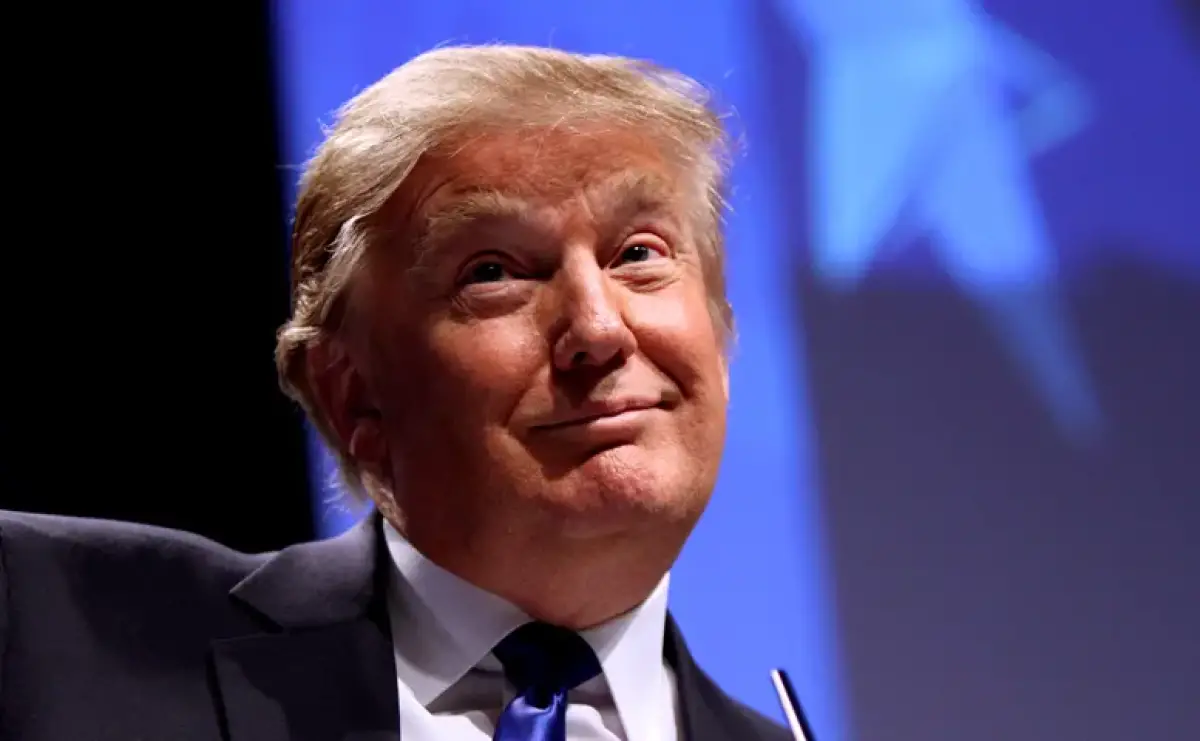A Sudden Announcement with Far-Reaching Implications
On Monday morning, an internal email was sent to all USAID personnel. It stated that the agency’s headquarters would be closed to staff immediately. The message, terse and direct, cited a directive from “Agency leadership” and instructed employees to send inquiries to an email linked to Gavin Kliger. He is a special adviser to the director of the Office of Personnel Management and a key figure within DOGE.
For many within USAID, the announcement was not just unexpected—it was unprecedented. By noon, over 600 employees were locked out of the agency’s systems. They scrambled to understand the rationale behind the drastic measure.
Elon Musk’s Role in the Shutdown
Elon Musk, known for advocating government reform, addressed the closure during a live discussion on X Spaces. “None of this could have been done without the President’s support,” Musk stated. “When it came to USAID, I reviewed the situation in detail with President Trump. He agreed that shutting it down was the right move.”
Musk elaborated, describing USAID as beyond reform. “This isn’t about cleaning house. As we investigated USAID, it became clear that the agency wasn’t just flawed—it was fundamentally broken. Imagine expecting to find an apple with a worm in it. Instead, you find a ball of worms with no apple at all. That’s USAID. There’s nothing left to fix.”
The Justification: A “Ball of Worms” or Strategic Efficiency?
Musk’s comments painted a stark picture. He suggested that USAID was plagued by inefficiency, mismanagement, and even corruption. “We spent the weekend dissecting USAID, reviewing its operations. What we found was alarming. It’s not just about wasted funds; it’s about systemic issues beyond repair.”
Critics argue that Musk’s assessment oversimplifies international aid complexities. USAID has played a crucial role globally, providing humanitarian assistance, supporting democracy, and promoting economic growth. Shutting it down, they say, could have disastrous consequences for vulnerable populations.
Trump’s Endorsement and Political Fallout
President Donald Trump supported the closure. In remarks to reporters, he stated, “USAID has been run by a bunch of radical lunatics. It’s time to clean house. We’re not funding incompetence and corruption with taxpayer money.”
Trump’s administration has long criticized government bloat. USAID, with its large budget and global reach, was frequently targeted. Critics claim its programs lack transparency and accountability, making it ripe for reform or elimination.
However, the decision has sparked backlash. Lawmakers from both parties expressed concern over the sudden move and its potential impact on U.S. foreign policy. Senator Joni Ernst defended the decision, stating, “It’s bold, yes, but bold actions are necessary to address long-standing problems.”
What Happens to USAID Employees and Ongoing Programs?
The abrupt shutdown left thousands of employees in limbo. Many received no prior warning. Staffers reported being locked out of email accounts and internal databases overnight.
Internationally, USAID-funded projects are now in jeopardy. Contractors, NGOs, and foreign governments reliant on USAID support are scrambling for alternatives.
A DOGE spokesperson stated that efforts are underway to transition critical programs. “We are not abandoning our global commitments. The goal is to eliminate inefficiency and ensure aid is delivered effectively through restructured channels.”
The Hunt for Classified Information?
Adding to the controversy are allegations that Musk and DOGE sought control over USAID to access classified files. These files reportedly contain sensitive intelligence reports. While unconfirmed, insiders suggest DOGE’s investigation included reviewing classified materials.
“We needed to understand USAID’s full scope, including covert operations,” Musk hinted. This fueled speculation about the true motives behind the closure. Some suggest it was about consolidating control over sensitive information.
Reactions from the International Community
Globally, reactions are mixed. U.S. allies benefiting from USAID programs expressed shock and disappointment. “USAID has been vital in addressing humanitarian crises,” said a U.N. spokesperson. “Its absence will create a significant gap.”
Conversely, some foreign leaders welcomed the news. “Perhaps this will encourage more equitable partnerships instead of paternalistic aid,” commented a South American official.
What Comes Next?
As the dust settles, U.S. foreign aid’s future remains uncertain. DOGE plans a comprehensive review of international assistance programs to create a streamlined, accountable system.
For USAID employees, uncertainty continues. Some may be reassigned, while others face unemployment. For millions worldwide dependent on USAID-funded programs, the consequences are immediate and dire.
The decision to shut down USAID will be debated for years. Was it a step toward efficiency or a reckless move jeopardizing global stability? Only time will tell.

